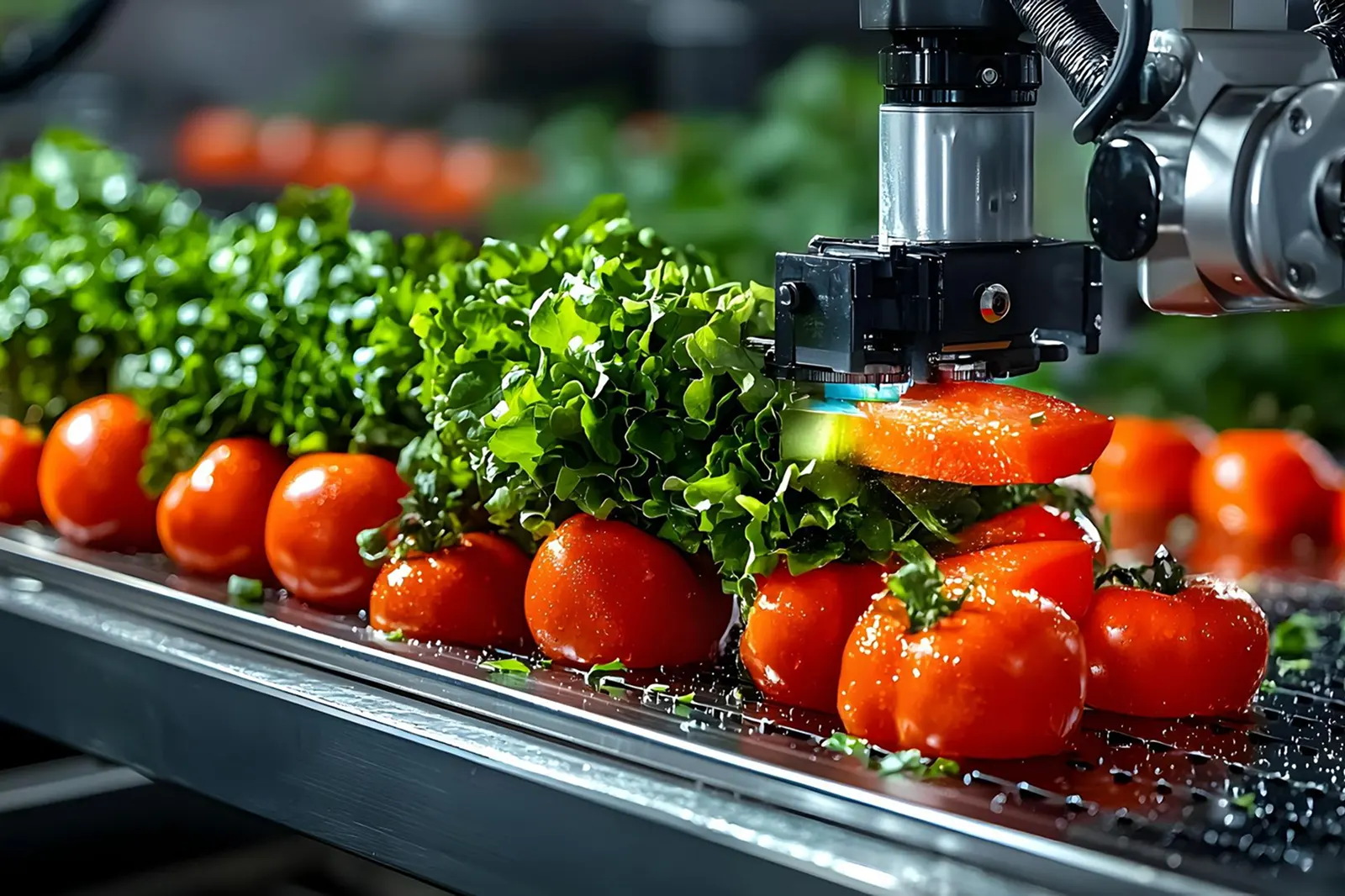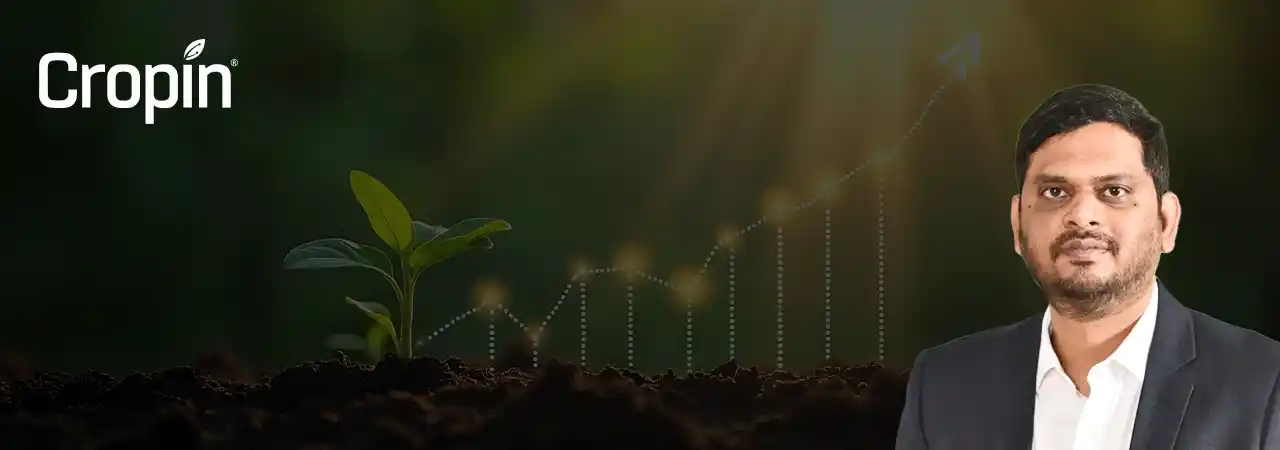The nature of digitization
Transforming the downstream value chain via digital transformation
Warehousing and traceability in agriculture
- Real-time monitoring of supply and demand supported by Artificial Intelligence (AI)
- Better sales decision-making based on insights into market linkages and access to service providers and advisories
- Transparent quality data and freight tracking, essential for maintaining farm-to-fork traceability
Farming and processing
- AI sensors can detect and target weeds and decide which herbicide to apply within the region (leading to reduced herbicide usage and better cost-savings)
- Cropin’s ML-powered solutions monitor and survey crops, give yield and acreage forecasts, and deliver insights at a fraction of the traditional cost and effort
Supply chain management in agriculture
- Appropriate selection of shipping modes, carriers, and schedules based on yield quantity, health, requirement, etc.
- Automatic processing of purchase orders to reduce labor-intensive activities
- Higher customer engagement and satisfaction fueled by streamlined processes
Agriculture procurement
Sourcing remains critical to the end consumer experience and hence, demands urgent digitization; complete transparency in ethical sourcing, food integrity, and carbon footprint are becoming core to retaining discerning customers and entering conscious markets. Digital data capture and analysis technologies like Cropin Intelligence and Cropin Data Hub can help:
- Optimize seed procurement and produce-sourcing
- Cut food loss and waste
- Ensure farmers receive fair price for their yields
Case point
An international brewing giant, which sources 60% of its raw material from the African region, was able to make smarter agriculture procurement strategies by deploying Cropin solutions. The product leverages AI and ML capabilities to detect, minimize, and transform risk at every stage. The brewing manufacturer was able to monitor the cultivation of over 25 million hectares and detect nine different crops simultaneously, with yield prediction accuracy of 84%. The smart intervention sorted out regular issues of mismatches between manual data collection and actual yield. These discrepancies were not just because of human error but often due to data manipulation that went undetected. For the producer, who whippets a premium on the traceability of its raw material, Cropin provides less labor-intensive and more accurate solutions.










